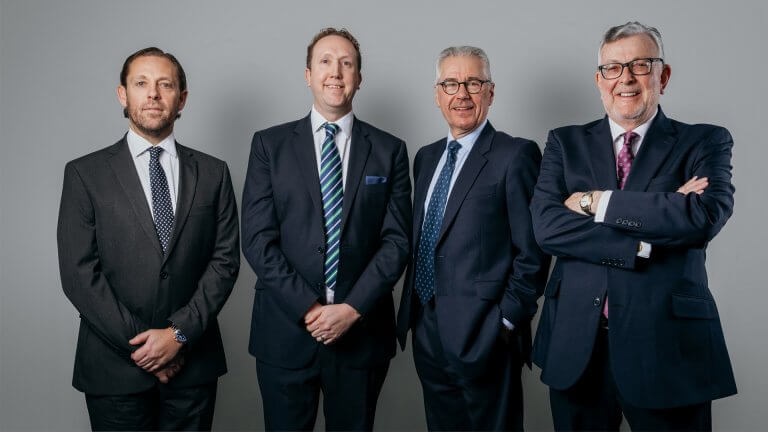This is the view of Duane Gilbert, head of manager research at Sygnia Asset Management, as individuals in their 20s have the advantage of time when embarking on investments.
Being in your 20’s would typically mean that you have a good 40 year investment time horizon, as you have recently graduated or a new entrant in the job market. However, many young people do not realise that this is an opportune time for financial planning and investing to be prioritised.
The problem here lies on the fact that the lifestyles of young people are being upgraded too fast especially if they are earning money for the first time. This inevitably means that they are spending too much money on a car, clothes and technology, which inevitably gets funded by debt. As a result individuals in this group find themselves without any savings and over time develop bad financial habits.
“The issue is that most individuals in their 20s are not knowledgeable about investing.” Gilbert says “It is such a shame, because how you manage your finances, especially in those first 20 years of working are very crucial,” he says.
Another problem is that there is an overreliance on advice from investment professions who sometimes make investments too complicated to understand. Young people need to take ownership of their money and start to think about long term investments. When individuals see the potential growth of investments, it might make them reconsider investing.
Before embarking on any investment, Gilbert says that individuals need to get out of consumption-led debt first, given the high-interest rate that is already being paid. Most importantly is getting out of your car debt, as “it is a consumption item and not an investment.”
Other basic starting points include creating a budget, in that way, allocations towards savings can be determined. Gilbert says it’s a good rule of thumb to have three to six months’ worth of emergency savings.
Investing in property is a good idea, as this is a long term investment. “Ideally, this is the only debt you want in your life. Rentals are a waste of money. Property is an investment and values increase over a long time.”
As with any investment, the longer you invest the better. “It’s not about beating the market. It’s about being in the market for a long time,” Gilbert stresses.























